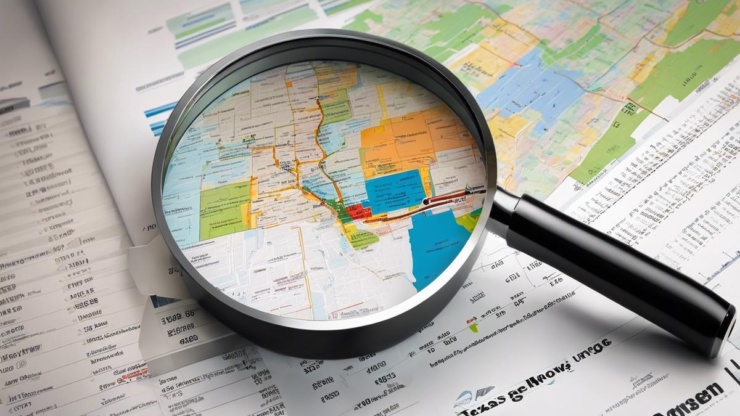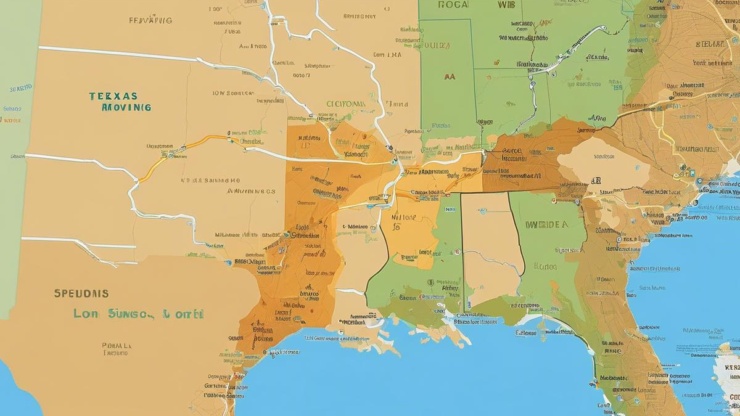Moving Tips
When is the best time to move?
Take all factors into consideration when deciding on the best time for you to move. Keep in mind, however, that the summer months (mid-May to mid-September) and the beginning and end of each month (regardless of the season) are particularly busy for moving companies and may require more flexibility and advanced scheduling.
How do I determine which moving companies to contact?
Ask your neighbors, friends, coworkers and family members if they can make recommendations. Investigate each of the movers you select with the Better Business Bureau. Good service is the best measure of a good mover.
When should I contact moving companies for estimates?
Try to provide moving companies with as much notice as possible, especially if you are moving during the summer months. We recommend at least four to six weeks before your desired moving date. This will increase your likelihood of securing the pickup and delivery dates you desire.
What happens when a relocation consultant comes to my home?
The relocation consultant will arrive at your home to perform a visual survey of your items. The consultant must be able to clearly see what is being moved in order to provide you with an accurate estimate. If you know of items that are out of view or will be eliminated, be certain to point them out to the consultant. Once the visual survey is completed, the consultant will calculate the weight, packing cost and any other charges related to your move.
Household Moving Tips
Preparing For The Move
Have a garage sale. Get rid of everything you don’t need before you move.
Get organized now. Don’t wait until the last minute. Make list of things you need to do and when.
Make sure you are ready for the packers and movers. Don’t forget to do the laundry, wash the dishes, pack your suitcases, disconnect computers, stereos and VCRs.
Set aside those items that you will be taking with you and clearly mark them as Do Not Pack.
Arrange to close your accounts at your local bank and opens accounts in your new hometown.
Obtain a change-of-address kit from your post office or go to https://moversguide.usps.com
Drain the gas and oil from all your power equipment (lawnmower, edger, etc.)
Schedule house cleaning and other home services for the day after loading.
Have your utilities shut off the day after loading (gas, electric, telephone, etc)
Make your travel arrangements for the day after loading. In case of weather delays or other unforeseen problems, you wouldn’t want to miss a flight or other travel related appointment.
Before the moving truck leaves for your destination, give the driver your phone numbers where you can be reached. It is also a good idea to get the driver’s cell phone number.
Be aware of items that can’t be moved with the mover.
These items include:
Flammable Items
Combustible Items
Aerosol cans
Hazardous Materials
Gasoline
Plants
Paints
Ammunitions and Explosives
Jewelry
Legal Documents (wills, financial papers, insurance documents, etc.)
When using a mover, remember that you are the customer and the boss. If you have any concerns at all, contact your move coordinator immediately.
The moving industry, a complex and dynamic sector, is characterized by rapid evolution and significant impact on economy and society. As per various market analyses, technological innovations led by top moving companies are not just changing the game but also…
Read more
With their indispensable role in facilitating seamless residential or corporate relocations, moving companies represent an industry brimming with potential. As we advance into the digital age, a plethora of opportunities are surfacing in this sector, driven by technological innovations, evolving…
Read more
In an age where ease of service is a highly sought-after commodity, countless unsuspecting individuals fall prey to the deceptive practices of moving scams orchestrated by unscrupulous individuals and organizations. This malevolent practice often results in the victim suffering from…
Read more
Every year, millions of Americans entrust their belongings to professional movers, assuming they will safely transport these possessions to their new homes. However, the darker side of the moving industry – moving scams – is a growing concern that demands…
Read more
The COVID-19 pandemic has fundamentally reshaped countless industries worldwide, and the moving sector is no exception. Our exploration paves the way to better understand the significant shifts in this industry, ranging from market dynamics, to innovative safety solutions, to financial…
Read more
In a state as vast and evolving as Texas, the long-distance moving and storage industry plays a critical role in supporting the economic lifecycle, making it a flourishing sector worth understanding. This in-depth examination will focus on understanding the nuances…
Read more
Moving between states can be a complex endeavor, especially when it comes to understanding the costs involved. This in-depth discussion aims to provide you a comprehensive perspective on interstate moving costs in Texas, empowering you with necessary information to make…
Read more
In the midst of our rapidly evolving world, the interstate moving industry is continually adapting to keep pace with the times, particularly in the popular corridor between Texas to Georgia. As we navigate through this discourse on this dynamic sector,…
Read more
Relocating to a new state can be a life-changing adventure, fraught with its own challenges and opportunities. In such a significant transition, choosing a reliable moving company becomes crucially important. As one of the fastest-growing states in the nation, Texas…
Read more
In an increasingly mobile society, one particular corridor of America is seeing a surge in long distance moving – Texas to Florida. As two of the country’s most populous and economically dynamic states, they offer significant opportunities and challenges for…
Read more
As urban population growth and changing societal trends fuel the demand for local moving services, it becomes critical for consumers and prospective service providers alike to understand this evolving landscape. An array of factors has led to a surge in…
Read more











